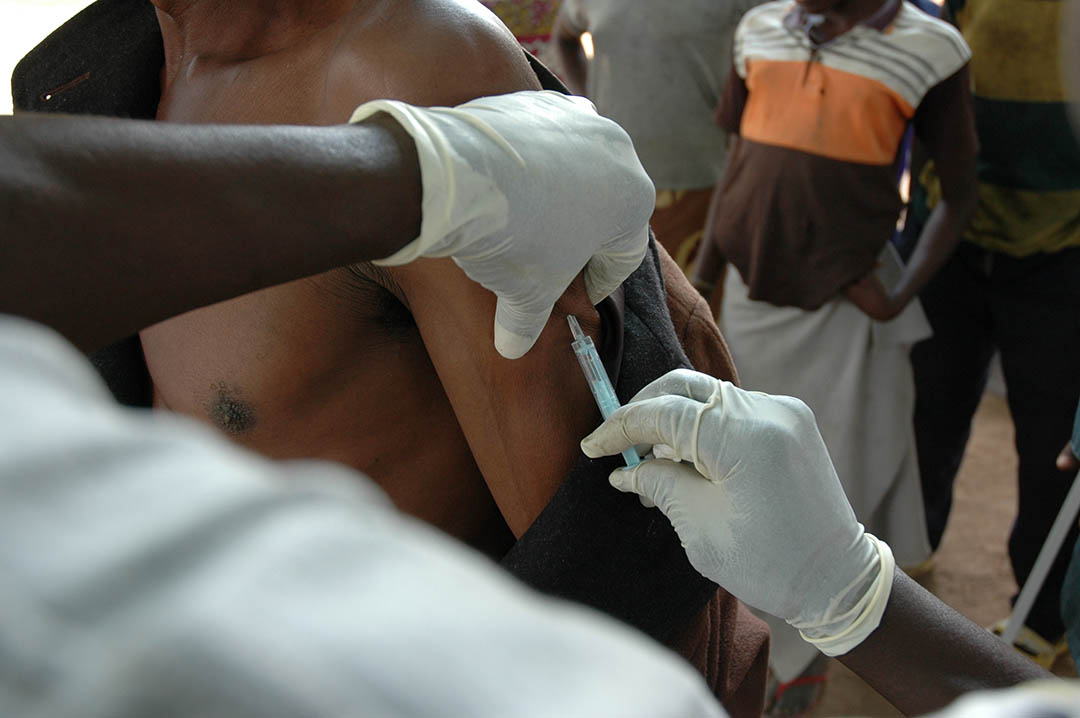The World Health Organization (WHO) has published a report that provides an in-depth evaluation of the potential role of vaccines in reducing antimicrobial resistance (AMR). It estimates that 44 vaccines against 24 pathogens could reduce the number of antibiotics needed globally by 22% per year – an equivalent of 2.5 billion defined daily doses (DDDs).
According to the report, AMR occurs when bacteria, viruses, fungi, and parasites no longer respond to medicines, making infections difficult to treat, which increases the risk of severe illness and death. In 2019, it resulted in an estimated 5 million deaths globally. The report identifies the systematic misuse and overuse of antimicrobials in health care, animal health, and agriculture as the key driver of AMR – one of the most important global public health and development threats.
Titled, ‘Estimating the Impact of Vaccines in Reducing Antimicrobial Resistance and Antibiotic Use,’ the report underscores the “underrecognized” role of vaccines in reducing AMR. Yet, it argues, “vaccines have the power to train the immune system to mount a defence against various pathogens before an infection starts or becomes severe.”
The report finds that existing vaccines could prevent up to 106,000 AMR-associated deaths per year, as well as 9.1 million disability-adjusted life years (DALYs), USD 861 million in hospital costs, and USD 5.9 billion in productivity losses. They could also reduce annual antibiotic use by 142 million DDDs.
Vaccines in late-stage clinical development and in early clinical development could avert additional deaths, DALYs, hospital costs, and productivity losses.
The report underscores that vaccines are critical in the fight against AMR. It recommends they be integrated in national and global AMR mitigation strategies and in decision making about vaccine development, introduction, and use. Specifically, the report recommends that, inter alia:
- The impact of vaccines in reducing AMR be recognized by stakeholders in AMR and immunization;
- The introduction of existing vaccines be accelerated and their coverage increased; and
- The impact of vaccines on AMR be systematically evaluated and embedded into existing decision frameworks.
During the High-level Week of the UN General Assembly (UNGA) in September, leaders adopted a political declaration, committing to a set of targets and actions on AMR. Published on 10 October 2024, the report’s findings contribute to the stated goal of reducing deaths associated with bacterial AMR annually by 10% by 2030. [Publication: Estimating the Impact of Vaccines in Reducing Antimicrobial Resistance and Antibiotic Use] [Publication Landing Page] [UN News Story]

